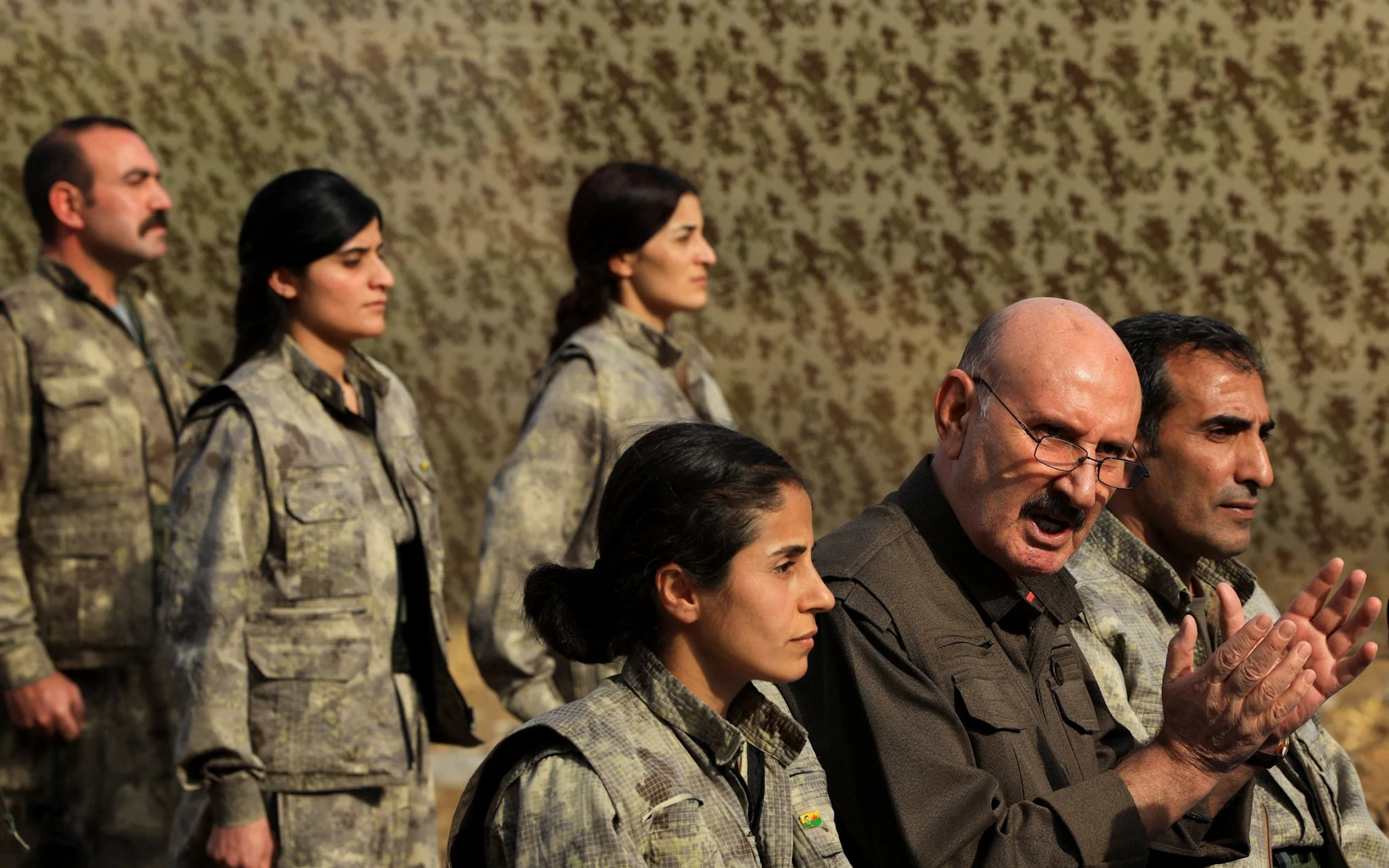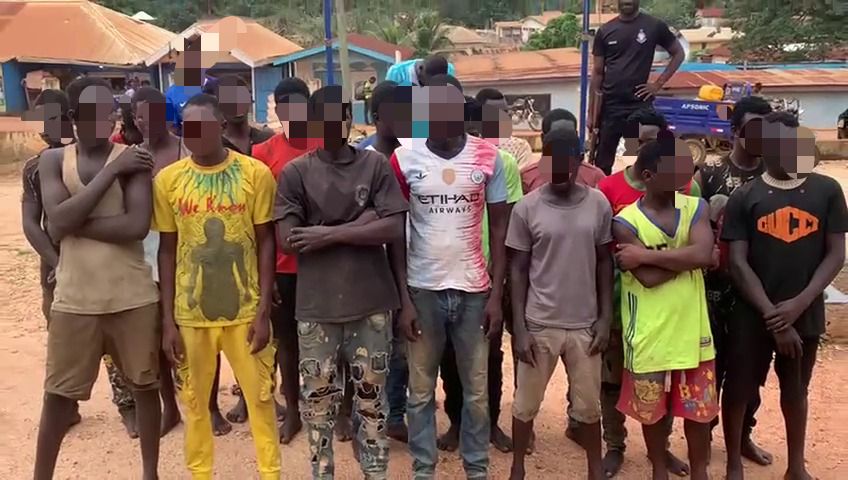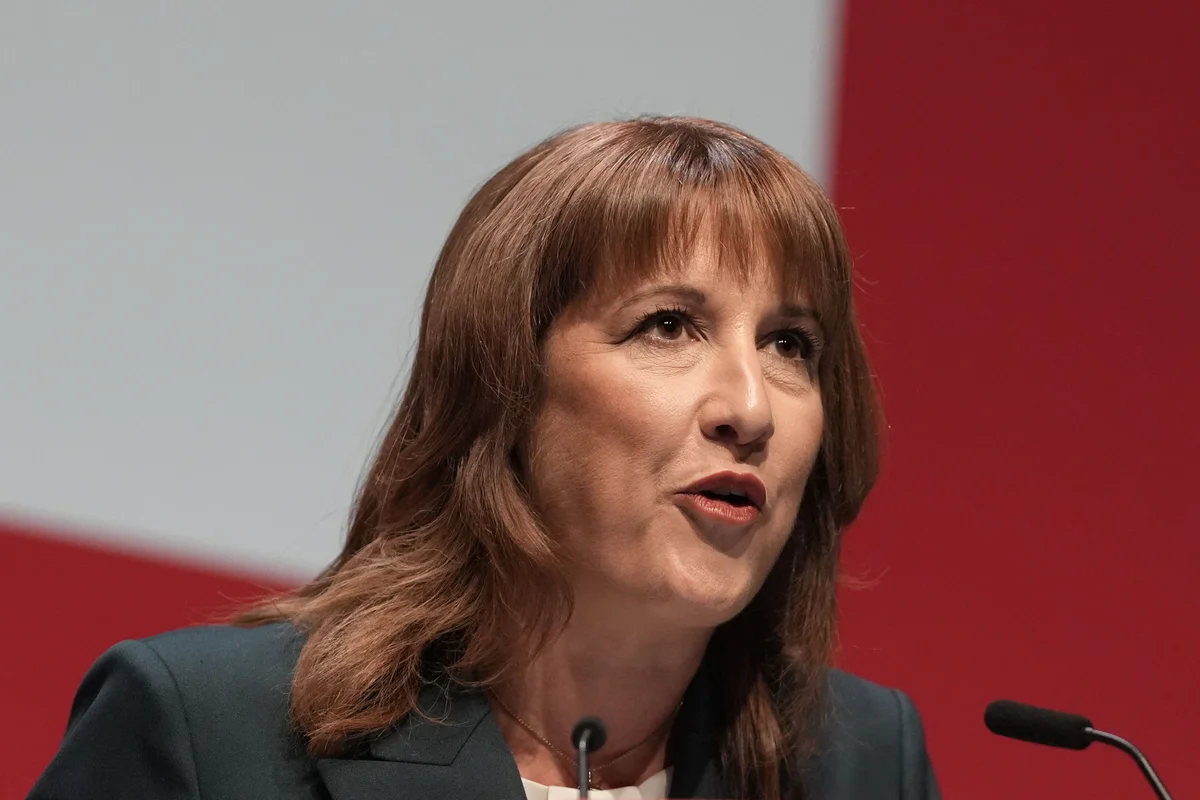Copyright yahoo

A Kurdish militant group that waged a 40-year insurgency against the Turkish state will withdraw from the country as part of a disarmament process being coordinated with the government. The Kurdistan Workers Party (PKK) decided in May to disarm and disband after a call to end its insurgency from its jailed leader Abdullah Ocalan. The decades-long fighting has killed more than 40,000 people. In July, the outlawed group, which is designated a terrorist organisation by Turkey, the US and European Union, burned some weapons in a symbolic act of good faith. In a statement read during an event in the Qandil Mountains, the group’s stronghold in northern Iraq, the PKK said it had decided to withdraw all of its militants from Turkey to lay the foundations for a “free, democratic and brotherly life”. It said the step reflected the group’s commitment to the disarmament and integration process, adding that the Turkish government should now pave the way for the PKK’s transition into “democratic politics” by passing integration laws. As a senior official read the statement aloud at Sunday’s event, about two dozen PKK fighters stood in formation, with a large image of Ocalan prominently displayed in the background. “We are on the path to executing leader Ocalan’s peace project,” a PKK spokesperson said. “Therefore, the other side, Turkey, must carry out political changes and prepare a suitable environment for the project to be implemented,” Hiwa said. Omer Celik, spokesperson for President Tayyip Erdogan’s ruling AK Party, said on X that the PKK’s withdrawal decision was a concrete result of the government’s “terror-free Turkey” goal, and would help shape the “positive framework” to be established by a parliamentary commission for the legal leg of the process. The PKK has been based in northern Iraq after being pushed well beyond Turkey’s southeastern frontier in recent years. Turkey’s military carries out regular strikes on PKK bases in the region and established several military outposts there. Over the years, the PKK’s goals shifted from seeking an independent state to seeking greater Kurdish rights and limited autonomy in mainly Kurdish southeast Turkey. Turkey says it protects Kurdish rights but that it will not allow separatist moves. The end of Turkey’s conflict with the PKK could have consequences across the region, including in neighbouring Syria, where the US is allied with Syrian Kurdish forces that Ankara deems a PKK offshoot.



